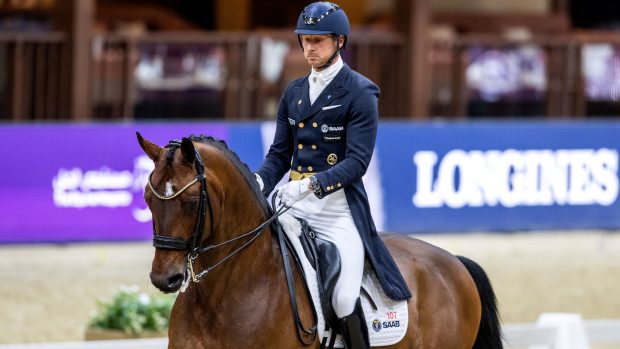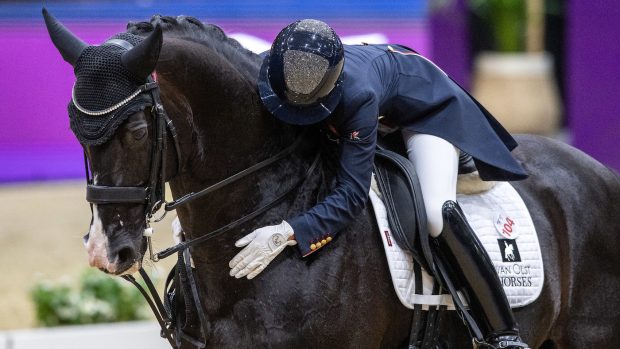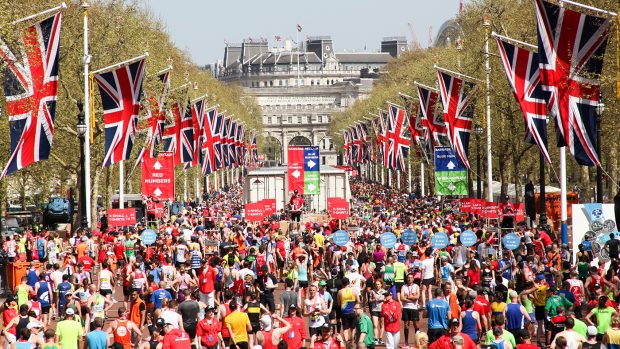Claims by a government drugs expert that riding is as dangerous as taking the illegal drug ecstasy have been met with anger and ridicule by the equestrian community.
Chairman of the Home Office advisory council on the misuse of drugs (ACMD) Professor David Nutt made his comments in the January edition of the Journal of Psychopharmacology.
He said riding was a “dangerous addiction” that led to 10 people dying each year in the UK and “many more suffering permanent neurological damage”.
“Based on these harms it seems likely the ACMD would recommend control under the Misuse of Drugs Act, perhaps as a class A drug given it seems more harmful than ecstasy,” he concluded.
Speaking to H&H, he said: “I suspect every adult rider knows someone who has
died riding.
“I did not intend to offend anyone who had suffered from friends or family being harmed by either riding or ecstasy. However, people should have access to the facts about the harms of whatever they do so they can make informed decisions about taking those risks.”
He said his paper originated from the permanent brain damage sustained by one of his patients, a woman in her 30s, who had fallen off a horse, adding: “It was a serious scientific comparison that I stand by.”
Prof Nutt used figures from a 2002 research review by Dr John Russell Silver looking at spinal injuries resulting from riding accidents.
“These are not figures I recognise,” Andrew Finding, chief executive of the British Equestrian Federation, told H&H.
“The danger posed to riders needs to be put into context. Four and a half million people ride annually. Our industry contributes hugely to the national economy and keeps people fit and active.”
And chief medical officer for British Eventing and Olympic team doctor Peter Whitehead told H&H: “Horses are unpredictable so there is always going to be an element of risk when riding, but riding also provides great health benefits, mental and physical.”
He said riding raises the pulse, giving a cardiovascular effect, and improves core strength.
He added that caring for and being around horses is good for people emotionally.
Former advanced event rider Claire Lomas was left paralysed after Osberton Horse Trials in May 2007.
She said: “I have never wished I hadn’t ridden because of the danger. You don’t expect it to happen to you, but I think riders are aware that our sport is a dangerous one.”
For this article in full, see the current issue of Horse & Hound (19 February, ’09)




